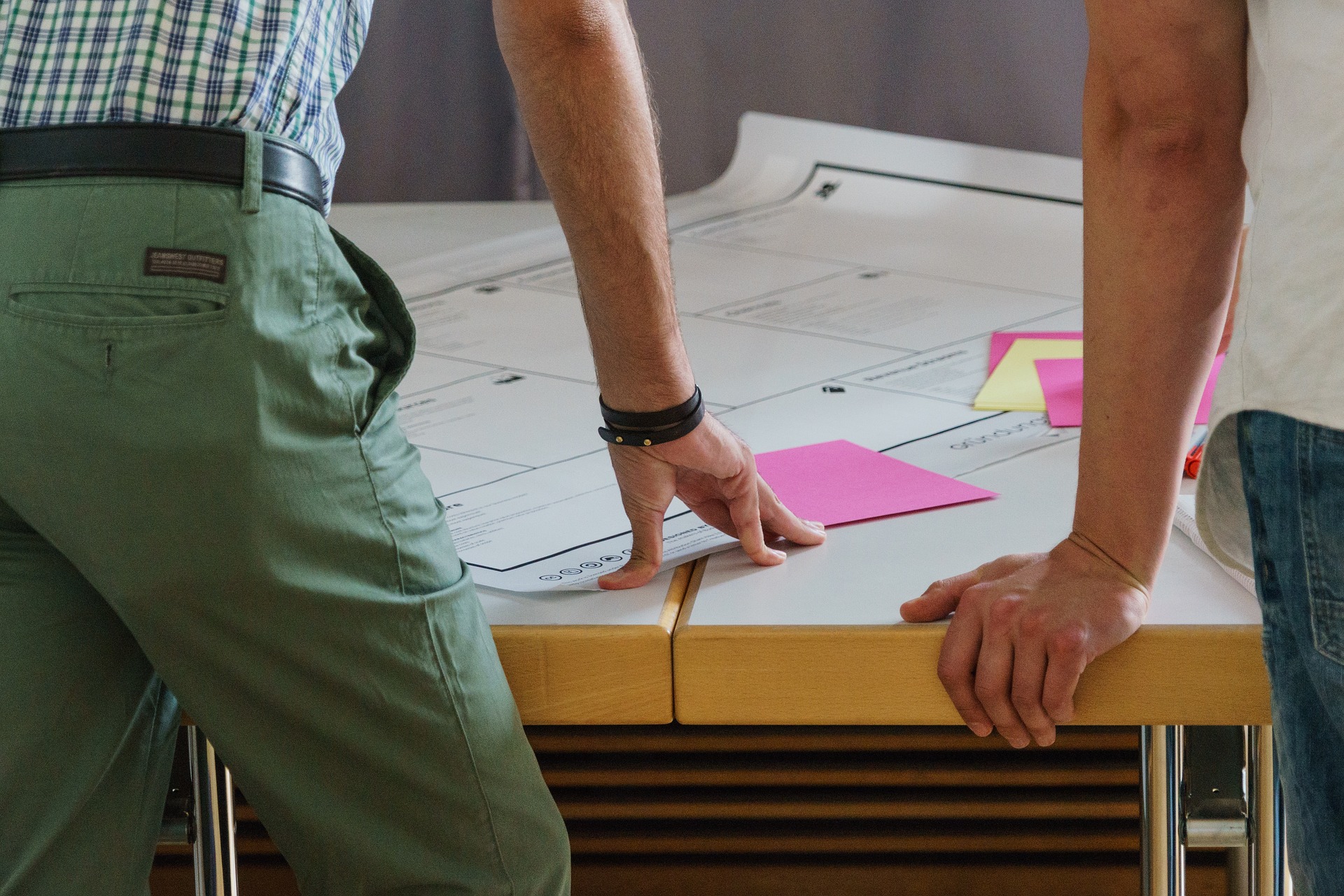Learning
Impact and Learnings
Contributing to the development and strengthening of anticipatory and adaptive capacities to tackle complex -even yet unknown- challenges is essential for public policy. In this context, implementing systemic approaches and strategic innovation processes with government counterparts offers an opportunity to significantly enhance the quality of interventions.

- Capturing and sharing learnings continuously and concisely is essential for shaping and understanding how a system behaves.
- A systemic and participatory approach promotes interaction and the flow of information across different sectors of society and/or organizations, positively impacting not only the governance of the specific challenge but also of others that are equally or even more relevant.
- Building a foundation of trust and certainty with counterparts is key to developing an experimentation portfolio. This requires resources: time and investment and managing different types of anxieties becomes crucial.
- The value of deep listening and the documentation of shared narratives is a new but fundamental element in the creation of effective public policies.
- The systemic approach relies on identifying key changemakers throughout the process. Especially in the early stages, this often depends on individuals who are willing to explore the approach -even without fully understanding it.
- Behavioral and cultural aspects (the “K factor”) spark the interest of counterparts and other actors in the system. These usually involve areas that public policy has yet to explore in depth.

Contributing to building and strengthening anticipatory and adaptive capacities that enable us to address complex, even unknown, challenges is key to public policy. Within this framework, the implementation of systemic approaches and strategic innovation processes with government counterparts is an opportunity to advance the quality of interventions.
Innovation for Sustainable Waste Management
The Deep Demo project addressed one of the most critical urban challenges: waste management. Through a systemic and innovative approach, it proposed efficient and sustainable solutions that reimagined how cities deal with this issue.Integrated Solutions for a Better Life
Montevideo demonstrates that integrated strategies can significantly improve urban quality of life. These solutions not only benefit the residents but also actively contribute to environmental protection.The Power of Collaboration and Innovation
This process generated collective awareness and encouraged community participation. Through collaboration, innovation, and systemic thinking, Montevideo proves that positive change is possible when people work together.Montevideo: A Model of Urban Sustainability
With vision and collaboration, Montevideo is positioning itself as a leader in urban innovation. The city shows that challenges can become opportunities to build a greener and more sustainable future -offering inspiration to other cities along the way.
To learn more about this process in Uruguay and around the world, we invite you to explore the following links:
